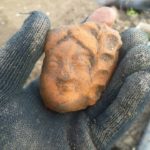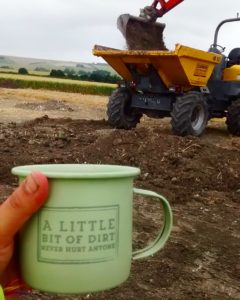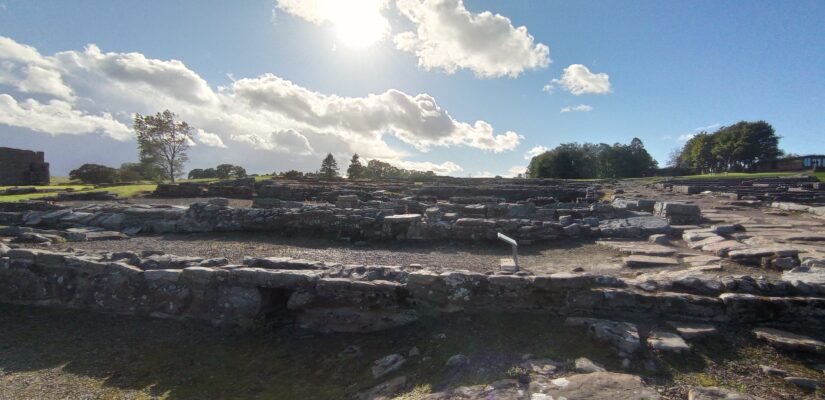
WHAT’S IT LIKE? Episode 8: Dr. Andrew Birley – A Specialist in Roman Archaeology, Roman Britain, and Climate Change Impact.
Name: Dr Andrew Birley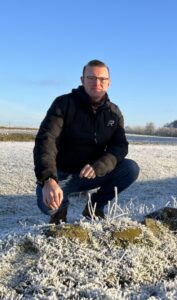
Areas of Specialism: Field Archaeology, the Roman Army, Roman Britain, and Climate Change.
Topics of Interest: Roman Military Communities, Archaeology on the Roman Frontiers, and the impact of climate change on archaeological remains.
Job Title: CEO of the Vindolanda Trust and Director of Excavations/Research.
Job Responsibilities: Well, in short…. I lead the Vindolanda Trusts senior staffing team, and as the CEO, I am the bridge between the board of Trustees, our staff, and our volunteers. As Director of Excavations and Research I am tasked with both crafting and delivering the Vindolanda Trusts research aims and objectives, including the two major excavations at Vindolanda and Magna, north-east England. This means that as CEO and Director of Excavations, I carry the ultimate responsibility for any budgets and financial operations of the Vindolanda Trust.
Introduction
I started volunteering on the excavations at Vindolanda as a 15-year-old (who also had to put the kettle on and make the excavators tea). I then recruited some of my school friends to join me when I was 16, and spent the next few summer holidays, easters, and winters either working on the excavations and gaining experience, or doing the post-excavation work. In the winter this included washing and processing ancient pottery and bone in the lab. Those were great times! Being very young and fit, spending all summer with my mates, and working on sensational finds like the bonfire site of Vindolanda (with over 350 writing tablets found!). I got my first taste of pretty much all things archaeological and anaerobic.
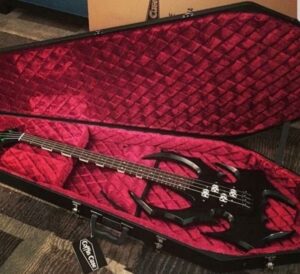
By 17 I had decided that I either wanted to be an archaeologist, (and a Roman archaeologist at that), or the bass player in a goth band… One of those dreams went better than the other and I enrolled in the University of Leicester to undertake my undergrad degree in archaeology (the goth scene in Leicester was rubbish at the time 😊). I was gaining more and more experience at sites across the country and globe, but was always drawn back to the northern frontier of Roman Britain. Vindolanda was where it started for me, and I felt I owed a part of my life to the site, landscape and its people. I needed to learn as much as I could about their hidden past.
Now here I am, 35 years later, running the Trust and its research excavations, and by all accounts, I still make a decent cup of tea. My goal is to hand over the site – its care and research – to the next generation in as good a shape as I can. To continue supporting the model of volunteering which provided my own start in archaeology, and over the last 50 years has supported over 10,000 others to take part in the site’s archaeology.
What is your daily life really like?
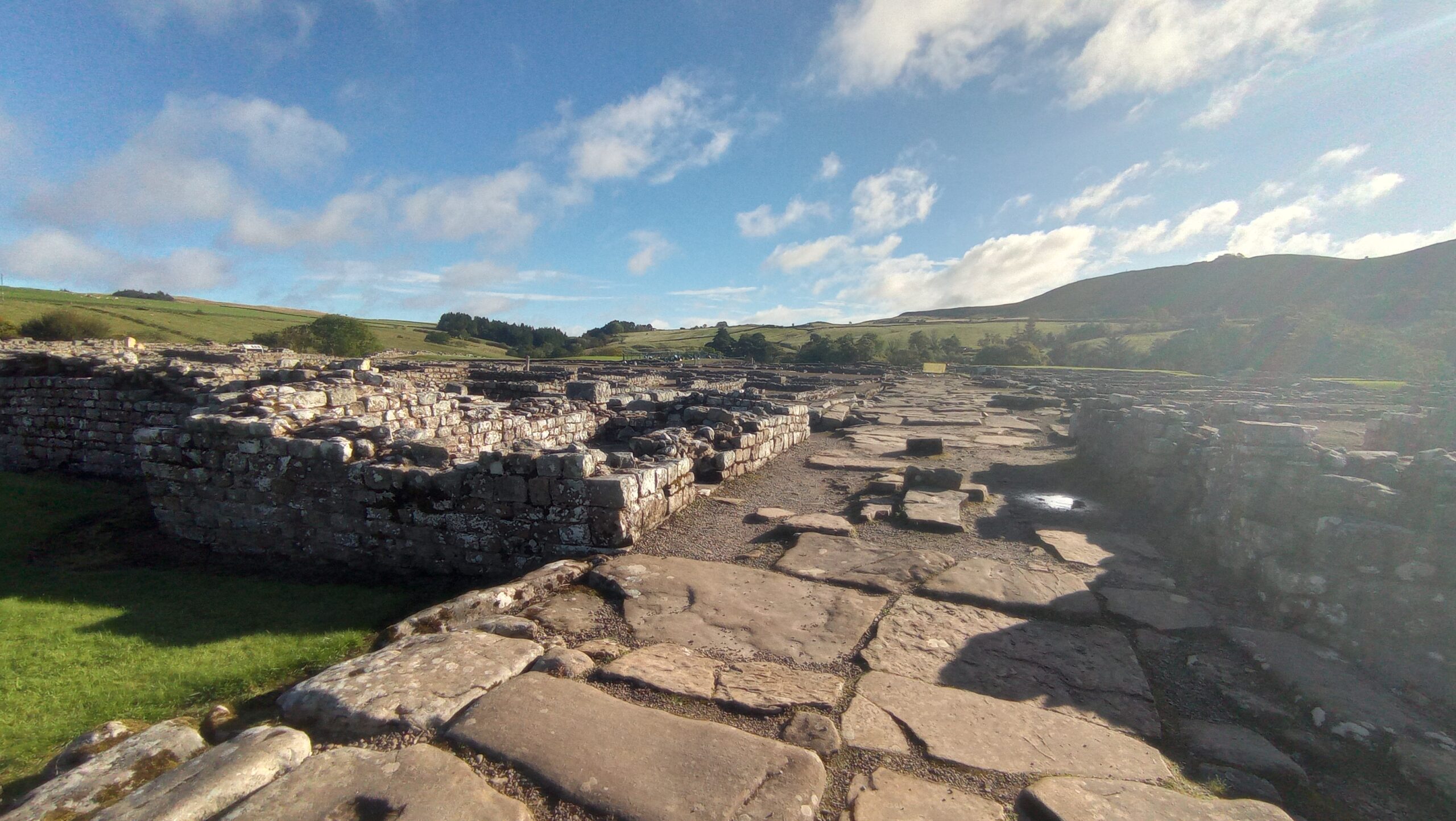
Long, but largely happy days. I start work at 6am and finish around 5pm most days, very often working 6 days a week. Opening up the Museums and archaeological centre before getting up on site and watching the sunrise over the remains as the only person there, however, is a privilege. It gives me precious thinking time before my teams arrive.
The excavations themselves are demanding – running in all weathers and with over 40 volunteers to keep happy, busy, and engaged. Being the CEO of a Charity which also employs over 50 members of staff alongside hundreds of dedicated volunteers, and its own Trustees is also demanding in a different way. Archaeology includes writing articles and papers and research reports, setting up and supervising excavations, using total stations for survey, recording contexts, and implementing site strategies, as well as emptying wheelbarrows, buckets and occasionally de-turfing a site! CEO duties include working out budget rounds too, so I must spend a lot of time liaising with fellow professional and specialist colleagues, in between the many radio, TV, and magazine interviews as expected of such a high-profile site. Other responsibilities include lecturing and outreach, working on museum displays and interpretations, planning the long-term strategy for the Trust, and representing the Charity to outside bodies as a voice to be respected.
So it is never boring working for a medium-sized Charity. You must be prepared to wear a lot of different hats. If the museum caretakers are ill or indisposed, you can suddenly find yourself as a first responder, stepping in and cleaning the museums and toilets. My role is not entirely glamorous 😊
I am not a specialist in every job, but my teams are. Every day is different and demanding at Vindolanda, but it is also hugely rewarding. You go home very tired at the end of each shift, but mostly you can honestly say that you have achieved something, and that feeling is priceless.
What is the best part of your job?
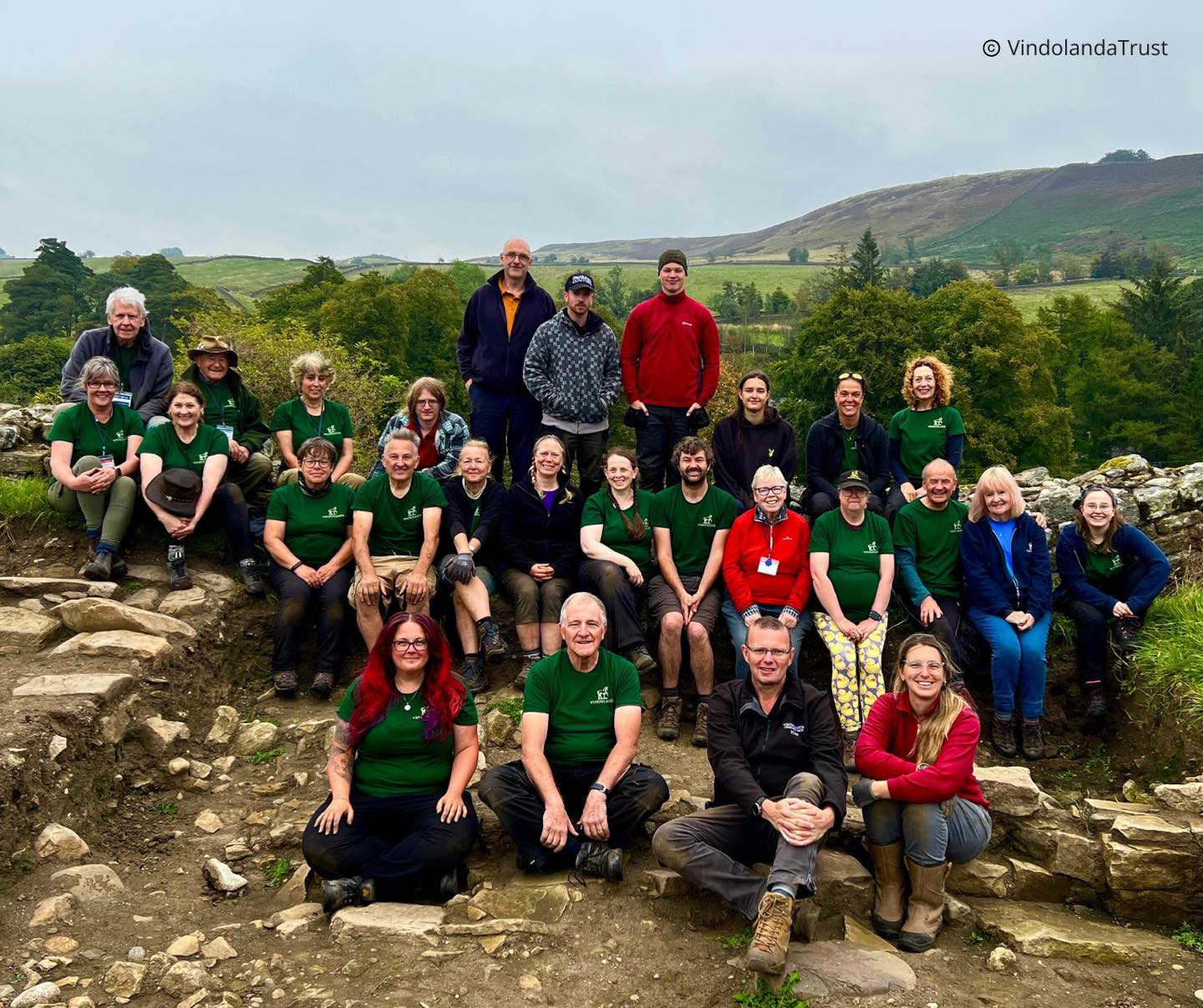
I’ll give you a few examples… Seeing hundreds of visitors enjoy their days out, or nurturing an archaeological volunteer who starts with very little to no experience and confidence, only to gain it whilst working with us. From a research perspective, it is often the smaller wins, the bits of the jigsaw puzzle coming together before the epic final glow of that moment when you genuinely solve a mystery, brings an answer into sharp focus. From a conservation perspective its the agency. From the moment we started collecting scientific data on the impact climate change had on our buried remains, we started also to connect the dots between the symbiotic relationship between the weather above and below the ground. When the first data sets came in, we knew the evidence for damage was inarguable and devastatingly clear. But from that point we had agency, the power to understand and to act – to mitigate the impacts on the archaeology. Before that, we were almost entirely blind to what was going on. Knowledge is power, and it has changed the way we think about the buried resources below our feet.
Overall, it is that glow from making or maintaining an environment in which people can genuinely thrive. Each archaeological discovery has the power to change history, but through their participation, (either as a visitor or volunteer), we also make a positive contribution to individuals’ lives. It is not easy, and not always so profound, but it happens often enough to make the long hours as CEO seem a small price to pay for the effort.
Why do you think your specialism is important?
Most archaeologists now must manage at least their own time and for many more, a business. Being an archaeologist can be excellent training for other life choices and professions. Its skills and application teach us to be curious, analytical and decisive. Its practice encourages travel, and working outside a comfort zone; To be social animals who thrive when working as a team, but also are entirely comfortable by themselves. It is one of those specialisms which helps people question a perceived narrative or wisdom, often in a healthy, introspective way. So yes, absolutely, archaeology is applicable to many aspects of modern life. Through archaeology, I discovered a strong connection to climate change and the buried environment, perhaps the greatest issue of our times. But it has helped so many more on their own journeys through life and will continue to do so.
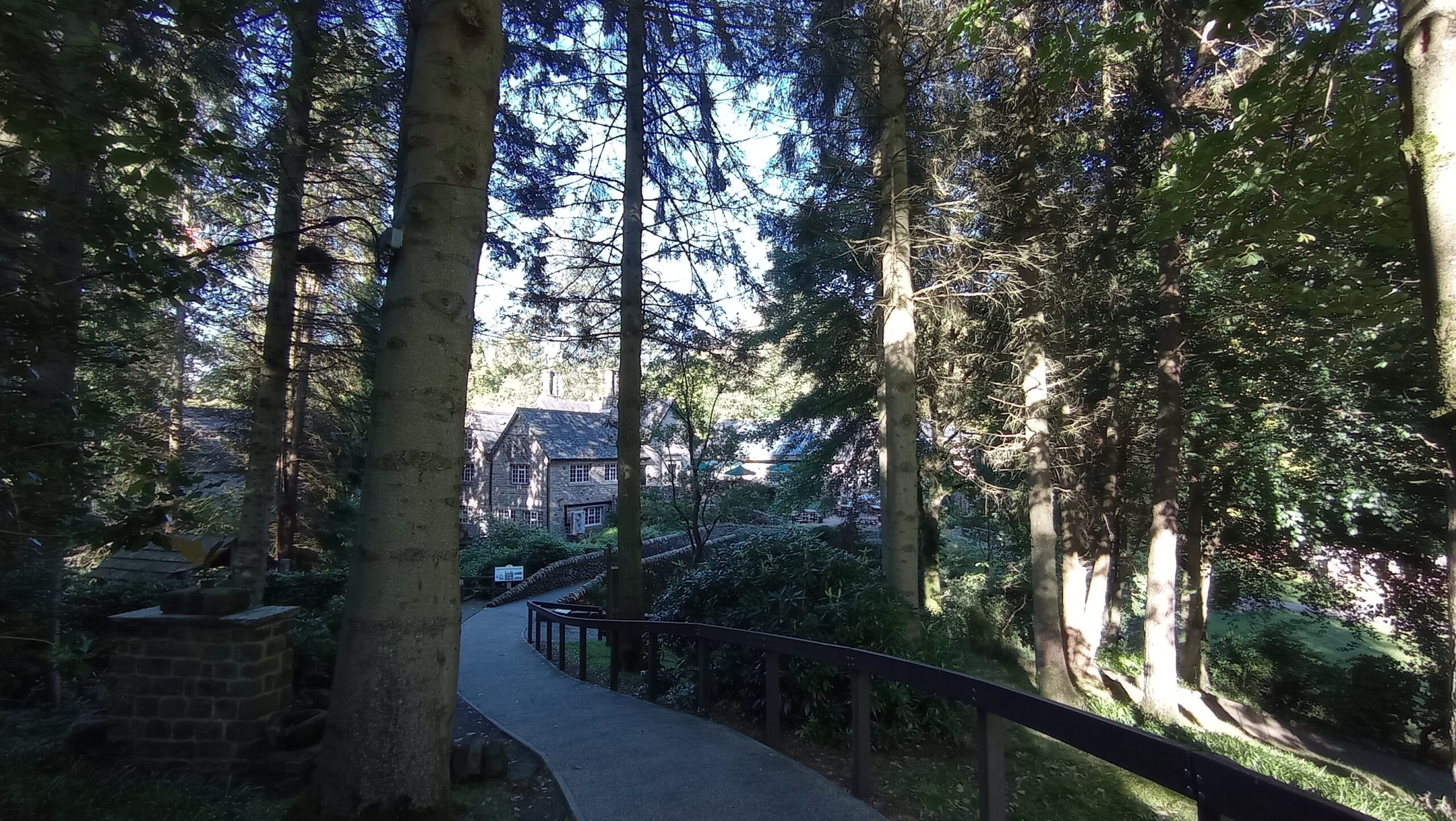
If you didn’t have the job you do, what else could you apply your skills to?
A tricky one. Environmental law, writing or journalism, perhaps politics? All of these have interested me and still do and are part of my current job in one way or another. I would also continue to volunteer as this aspect of my life has never left me. Even if you prefer the management route over being in a muddy field, for part of the year I would still suggest you need to experience the muddy field; So you understand what and who you are trying to manage. If you fancy becoming the CEO of a Charitable company that isn’t archaeological, then of course there are different routes to go down, business, economics, Charity law, etc, but there is still no substitute for experiencing the work that Charities do by volunteering for the ones you are interested in working for. First, understand the community you want to become a part of and see if it is really who and what you want to be.
Did you always want to be what you are today?
No, the 17-20 year old me still wanted to be a bass player in a goth band. But then I was never that good, so it is better for the world that I am who I am today and that I let those who can make much better music do their thing successfully. I also quite fancied writing books for a living but I think that is actually harder than either being a bassist in a successful band or an archaeologist or CEO so I think I made the right choice in the end.
These days you can meet me at Vindolanda at the edge of the excavations for a chat, or a cup of tea. I love to hear other people’s stories and learn about them. It is one of the best parts of my job. But on a more serious note, I can relate to having choices and being unsure about which one will work out. But by having a bit of belief and conviction in yourself you will be fine. If you are curious, willing to learn and work hard, your career can become more of a pleasure than ‘work’, as it has for me, and as a bonus, you will never, ever, be bored.
Where do you hope to be in 5 years time?
Still here at the Vindolanda Trust but starting the next phase of succession planning for my organisation. Focusing more on research than day-to-day on the excavations but still very much keeping my hand in. Finishing the research report on the latest excavations at both Vindolanda and Magna. As CEO I hope to be managing the transformation of my organisation to become far more carbon-efficient.
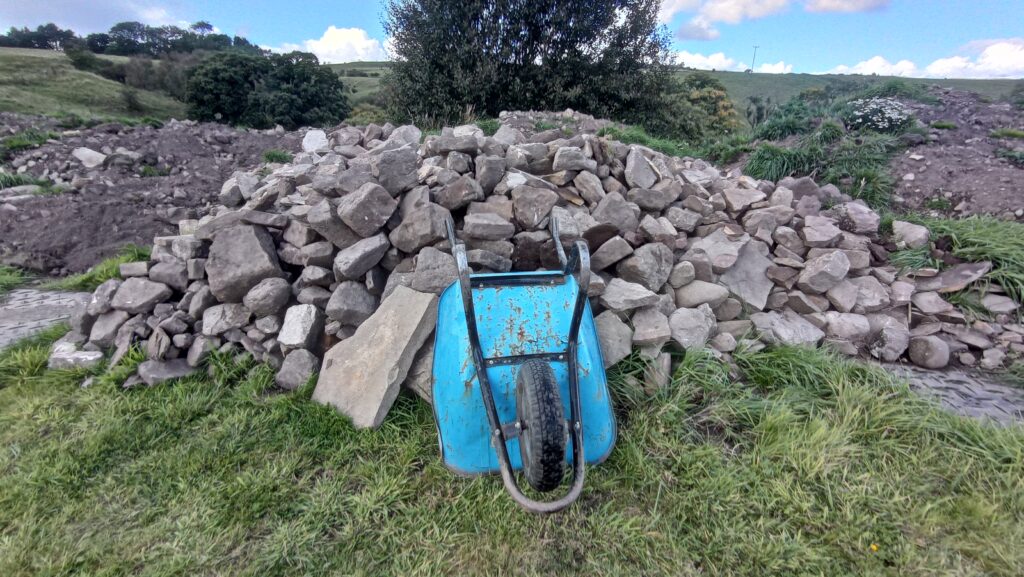
Now that you are a specialist, will you do this forever?
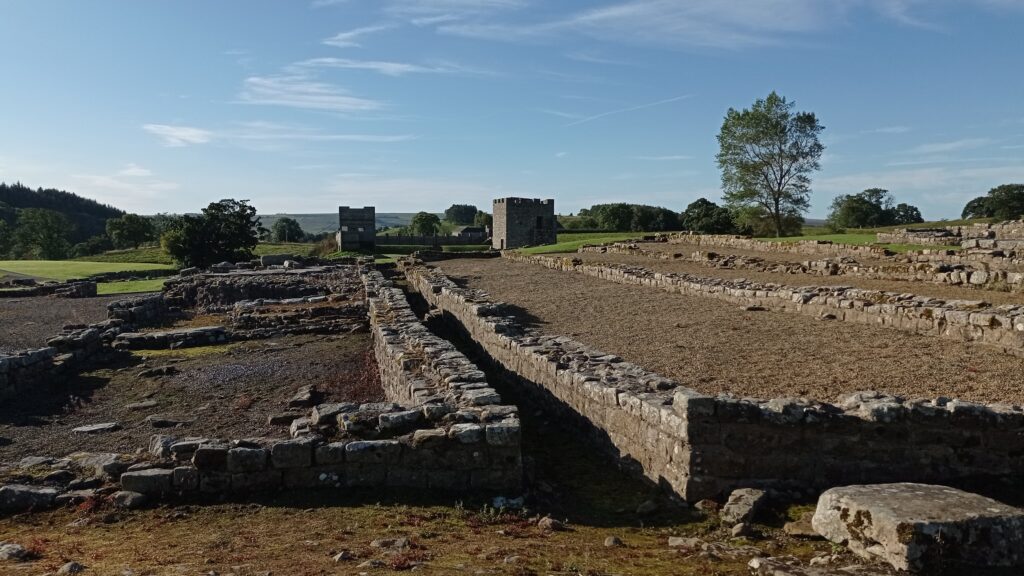 No, the job continues to evolve and adapt as circumstances change and new challenges come along. Research and management always throw up new opportunities and lines of enquiry. Once the Magna and current Vindolanda archaeological research projects are completed we will be starting the next phase of the Charities journey. This will include prioritising areas where we know the preservation of material is the most at risk through climate change.
No, the job continues to evolve and adapt as circumstances change and new challenges come along. Research and management always throw up new opportunities and lines of enquiry. Once the Magna and current Vindolanda archaeological research projects are completed we will be starting the next phase of the Charities journey. This will include prioritising areas where we know the preservation of material is the most at risk through climate change.
In the next few years, we will be completing the excavation of the last stone fort at Vindolanda, finishing a job which started in 1929. It will be a huge achievement and for the first time in the modern era be a totally excavated fort on the Roman frontier. Also, as we have carefully mapped all our artefacts, we can better understand the use of space in military bases such as this. Running parallel to this achievement is the climate change project which has the greatest contribution to make to archaeology in the UK. What we have found beneath the soil is more than history, but a deeply uncomfortable truth, – what is buried it is not safe. We have limited time to rescue artefacts like ink-writing tablets, leather, wood, and textiles before they will be lost forever. The clock is ticking and the underground probes tell us how long we have left before it is too late.
What 3 tips would you give to someone who wants to follow a similar path?
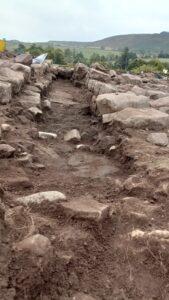
- Be humble, learn from those around you.
- Be resilient and keep going even if you get a few knocks back. Love what you do, if you do not, follow another path because if you are an archaeologist you should smile every day and remind yourself that you are an archaeologist.
- That the knockbacks will be as useful as the wins. I was once rejected from joining an archaeological organisation at a certain level because I did not have my PhD or MA at that time, just 8 years of field experience as a field archaeologist. It irritated me hugely, but rather than turn it into something negative, I took that frustration and got my PhD, grew my career and never bothered them again or was bothered by them. They became irrelevant to me and my work. You will always encounter prejudice or politics in whatever role take, and turn each challenge into a victory, even if it is not the win you originally expected to have.
A Final Note
In the end, both CEO and archaeological roles involve working with and meeting a lot of people. It can be overwhelming sometimes but the benefits of being a part of a large and generally supportive community are huge and will last the rest of your days, or at least until you don’t want them to anymore.
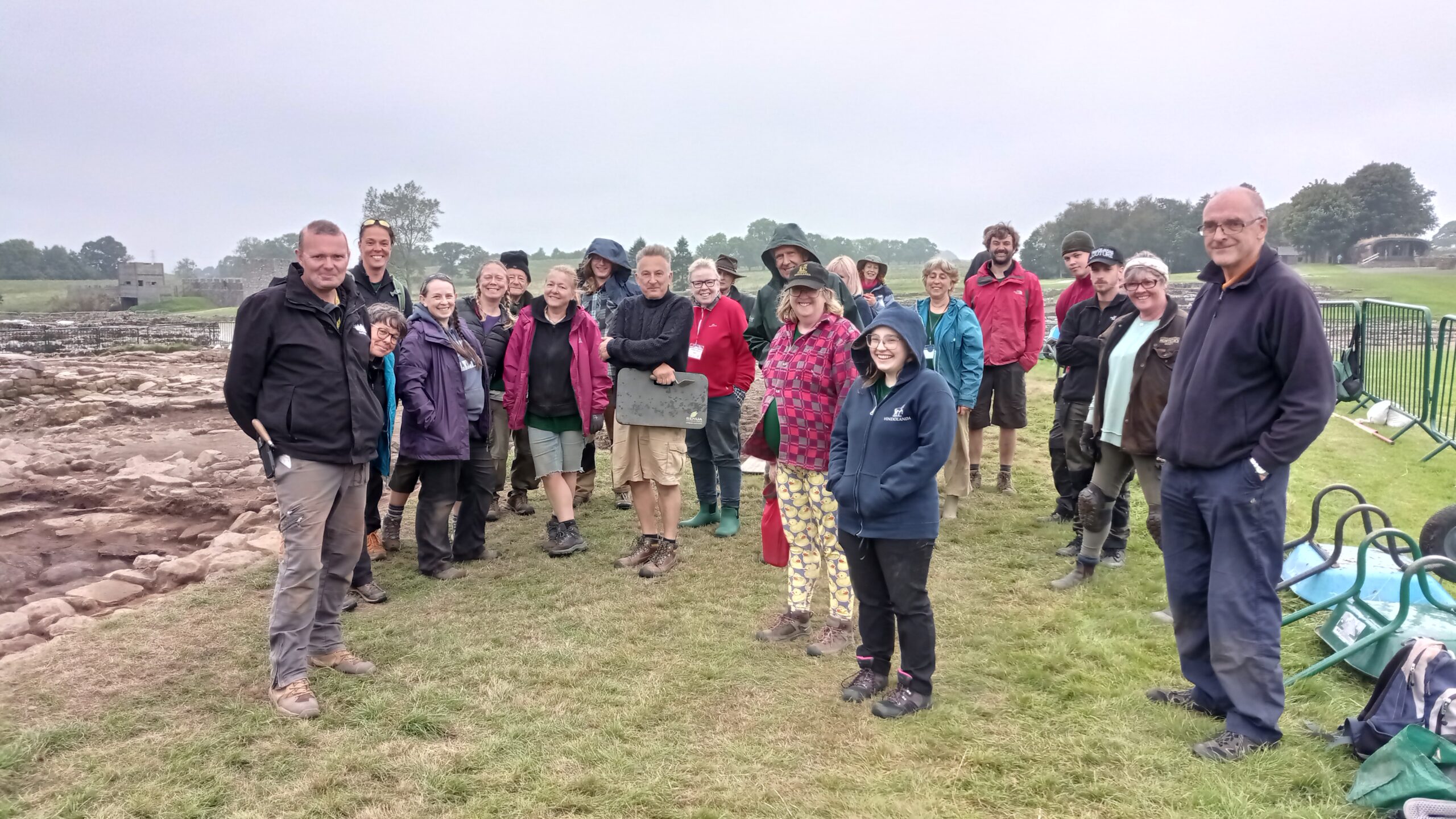
If you want to learn more about the World Heritage site of Vindolanda, the Roman Army Museum, or want to get involved, just click the topic of interest here!
